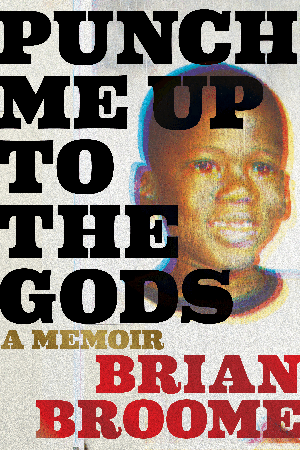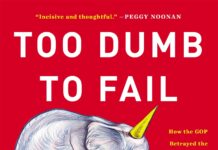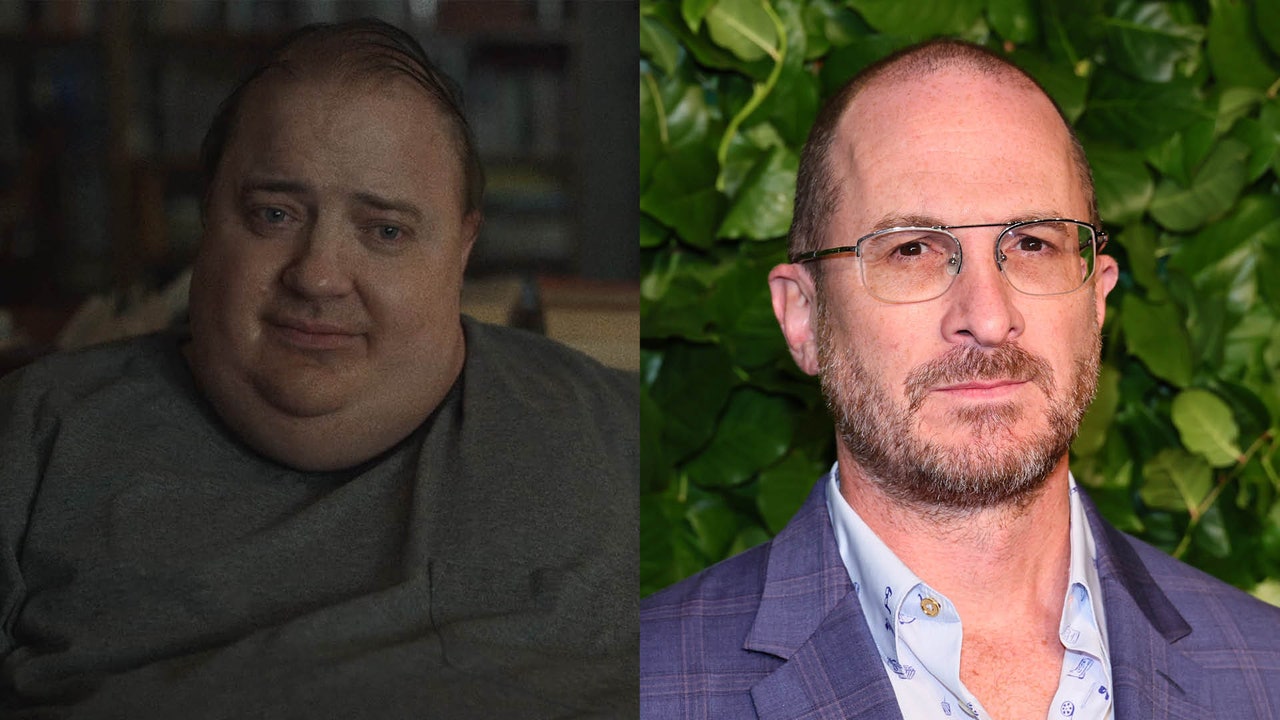
Brian Broome’s father wanted him to know something.
“Any Black boy who did not signify how manly he was at all times deserved to be punched back up to God to be remade, reshaped.”
Broome, growing up gay and sensitive in the 1980s in “perpetually colorless and damp” Warren, Ohio, with a mother constantly at work and a father unhappily laid off from a shuttered steel mill, got a lot of those punches, not only from his father but also from frenemies such as 10-year-old Corey.
“According to him, the seemingly simple act of being white and male made one ‘soft’ and a ‘punk,’ but Black boys were constructed of special stuff that made us stronger, colder, cooler. All I wanted to do was hold his hand,” Broome writes.
That longing didn’t end well. Nor did many of his future longings.
Broome’s powerful, sharp-edged memoir, often equal parts horrifying and bleakly funny, is made up of essays focusing on key moments in his life. Many follow him through childhood and adolescence.
Some are seemingly simple, such as a sixth-grade spelling bee, or a forbidden trip to the Red Caboose, “Warren, Ohio’s hottest dance spot for the high school set for everyone who was anyone,” which left him “fifteen, broke, and all out of dance moves.” Even these everyday incidents reveal layers of shame and hurt, as the young Broome struggles with how others see him, and how he sees himself.
“I didn’t know what internalized racism was, and it would take me far too long to learn,” he writes.
And then there were the more dramatic incidents, such as Broome’s harrowing sexual initiation, and the time he set his house on fire.
Broome left Warren after high school, heading to the University of Akron.
“I got as far away as I could afford, which was exactly 44.3 miles,” he says.
When that didn’t work, he returned home and then moved to Pittsburgh, where he lives now, teaching in the Writing Program at the University of Pittsburgh.
There, he felt more free to express his sexuality. He also sank much deeper into addiction to alcohol and drugs.
After several stints in rehab, he broke through his addictions. His memoir could have been structured as the typical addiction story, but he doesn’t choose that path.
Instead, he honors and gives attention to each moment of his life, no matter how awkward or humiliating, such as the time he let one lover believe for far too long that because Broome was black, he was also a good basketball player.
The book is structured around Gwendolyn Brooks’ poem “We Real Cool,” with sections headed by phrases from the poem such as “We lurk late” and “We die soon.”
It’s also interwoven with the poignant story, titled “The Initiation of Tuan,” of a Pittsburgh bus ride during which Broome, as a passenger, observed a young Black father interacting with his toddler son.
“Shake it off, Tuan,” his dad tells him, when he falls and hurts himself.
“Stop cryin’, Tuan! Be a man, Tuan!”
And Broome realizes that he is seeing “the playing out of one of the very conditions that have dogged my entire existence: this ‘being a man’ to the exclusion of all other things.”
As the story of the bus ride unfolds over the course of the book, with some new passengers cooing over Tuan and others ignoring him, and with the emotions of both Tuan and his father ebbing and flowing, we realize that we’re watching Tuan’s life being shaped before our eyes.
In the end, it’s to Tuan and others like him that Broome dedicates the memoir.
To Tuan, he says, “I hope you have become a man who cries and allows himself to feel all the emotions, not just anger or desire — a man who sees others’ perceptions for what a Black man in America is supposed to be, eschews those notions and walks away. Your life belongs to you and no one else.”
margaretquamme@hotmail.com








